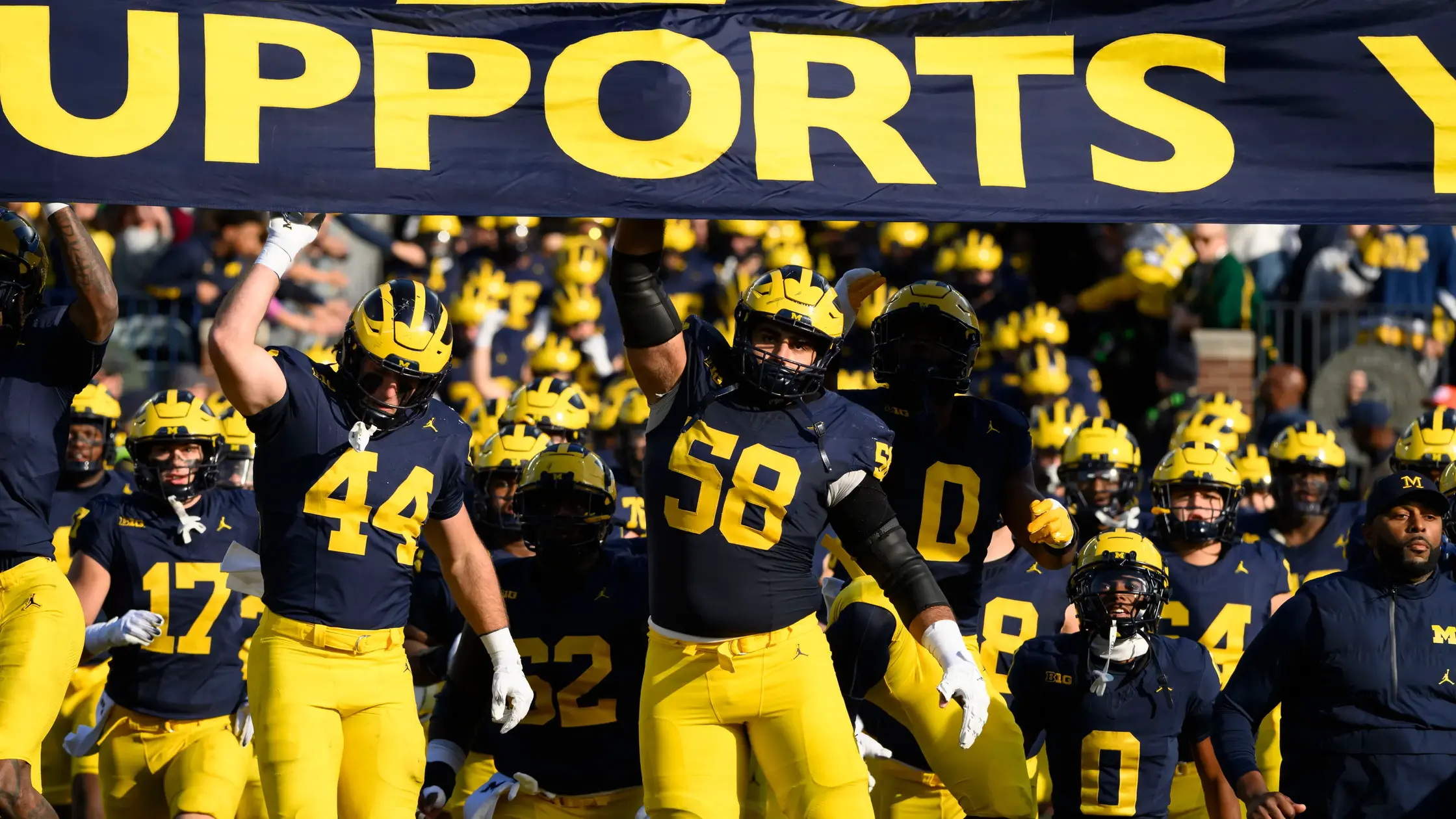T4K3.news
NCAA penalties draw renewed scrutiny after Michigan ruling
A analysis of how Michigan sanctions compare with earlier cases and what it means for fairness in NCAA enforcement.

A look at how the Michigan sanction compares with older cases and what it says about fairness in NCAA enforcement.
NCAA penalties draw renewed scrutiny after Michigan ruling
Michigan faced a violation finding over an illegal scouting operation run by a former staff member. The NCAA chose a financial penalty and other sanctions, noting that a postseason ban would unfairly penalize student athletes who are no longer part of the program. The ruling contrasts with earlier cases that did layer in postseason bans, including Akron for a low Academic Progress Rate score that fell below the threshold, resulting in postseason ineligibility. The discussion also revisits a 2019 case in which Mary Hardin-Baylor vacated wins from 2016 and 2017 after a coach loaned a car to a player. In the USC case from the Pete Carroll era, the penalties included bowl bans, scholarship reductions and vacated wins tied to a lack of institutional control. Arizona State also faced vacated wins for recruiting violations during the COVID period. The report notes that Michigan did not have wins vacated and that the focus was on actions by individuals no longer with the program, a point that has stirred debate about the rules and how they are applied.
As the landscape of college athletics shifts with NIL and donor involvement, critics argue that penalties can feel uneven across eras. The piece highlights how financial penalties are now playing a larger role and questions whether the rules apply equally to programs with different levels of resources and influence. These tensions point to whether current penalties deter misconduct or simply signal a shifting status quo in a changing sport.
Key Takeaways
"Consistency in punishment is the real issue"
A concise line capturing the central critique of the NCAA
"Rules bend when the price tag grows"
Comment on how money and donors influence penalties
"Student athletes pay the price for actions taken by others"
Emphasizes impact on players not involved in misconduct
"Past scandals echo while penalties drift forward"
Reflects on the gap between old cases and current outcomes
The article frames the Michigan punishment as part of a broader pattern of inconsistent enforcement. It suggests that the NCAA has moved away from heavy post season penalties toward financial penalties that can be absorbed by a program and its supporters, especially in the NIL era. This raises questions about equity: can a rich program borrow against its status to absorb fines while smaller programs face postseason bans that end seasons and careers? The piece argues that without a clear, apples-to-apples framework, public trust in the NCAA erodes as headlines outpace consistent policy. The long arc is not simply about sanctions but about who bears the risk and who benefits from a shifting regulatory environment.
In this view, the tension is not only about penalties but about fairness to student athletes, coaches, and institutions. If rules evolve with public sentiment and donor power, the risk is a system that rewards visibility over virtue and compliance. The call is for transparent standards that survive changes in leadership and funding, so penalties feel like credible deterrents rather than political theater.
Highlights
- Consistency in punishment is the real issue
- Rules bend when the price tag grows
- Student athletes pay the price for actions taken by others
- Past scandals echo while penalties drift forward
Risk of perceived unequal treatment in sanctions
The piece flags concerns about fairness and consistency in NCAA punishments, noting the mix of postseason bans, vacated wins, and financial penalties across cases and eras. This could provoke backlash from programs and fans who view penalties as uneven or politically influenced.
The rules will matter only if they apply with consistency and accountability.
Enjoyed this? Let your friends know!
Related News
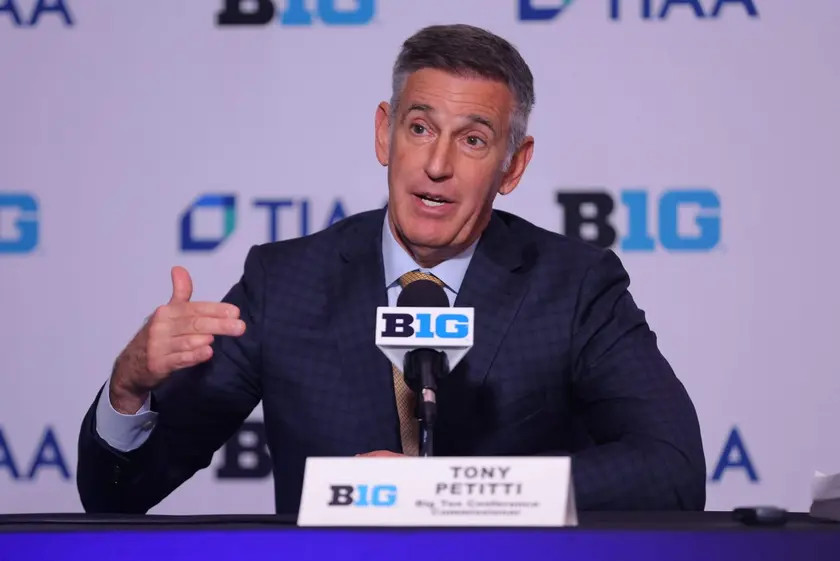
Big Ten commissioner expresses support for Michigan

NCAA imposes 10 year show cause on Jim Harbaugh
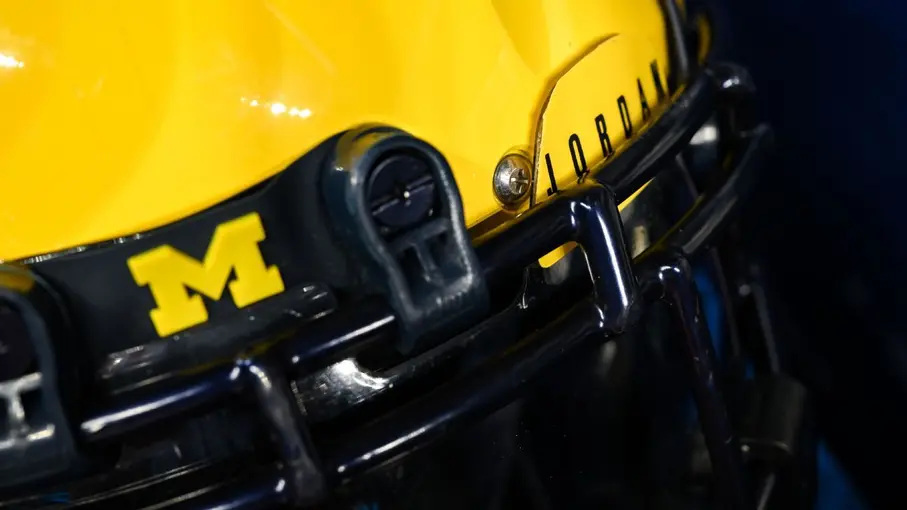
NCAA to release Michigan ruling
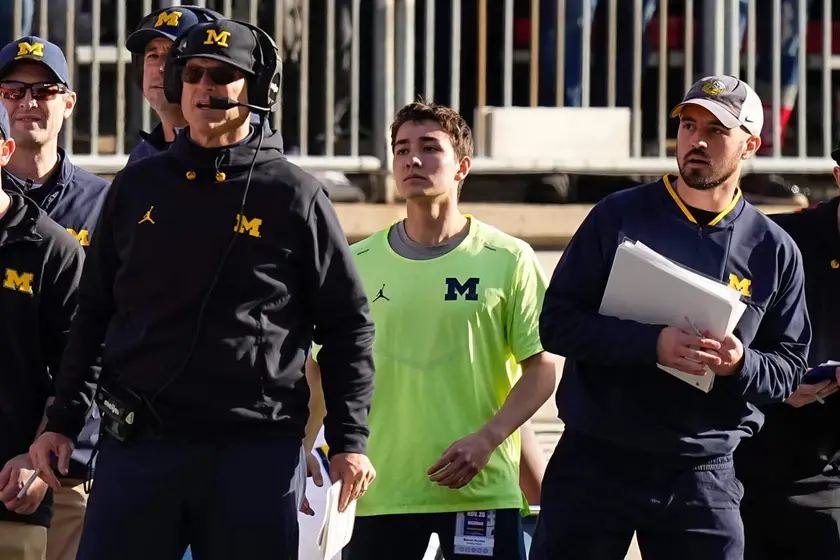
NCAA sets ruling on Michigan sign stealing penalties
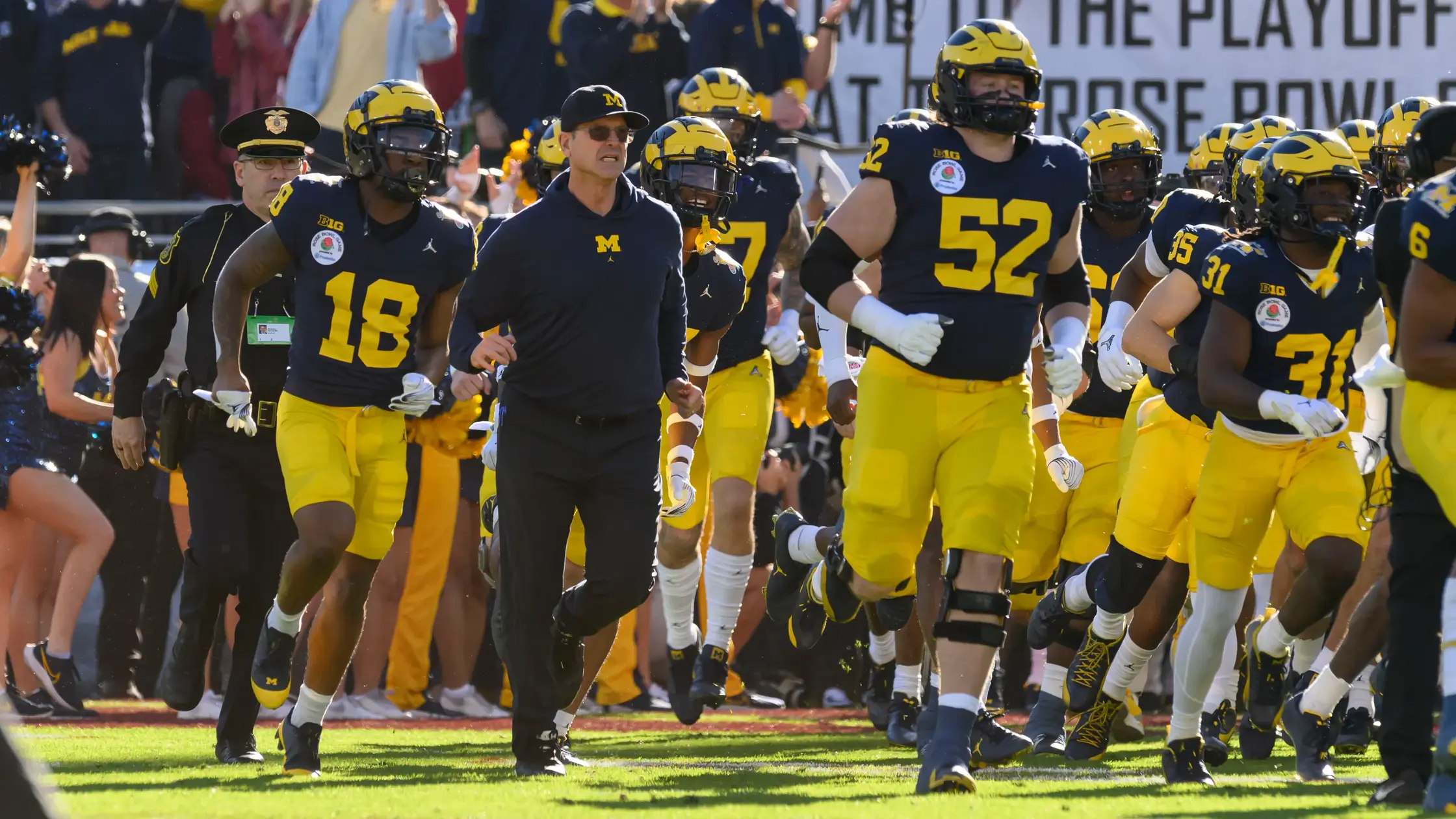
Michigan sanctioned in sign stealing case
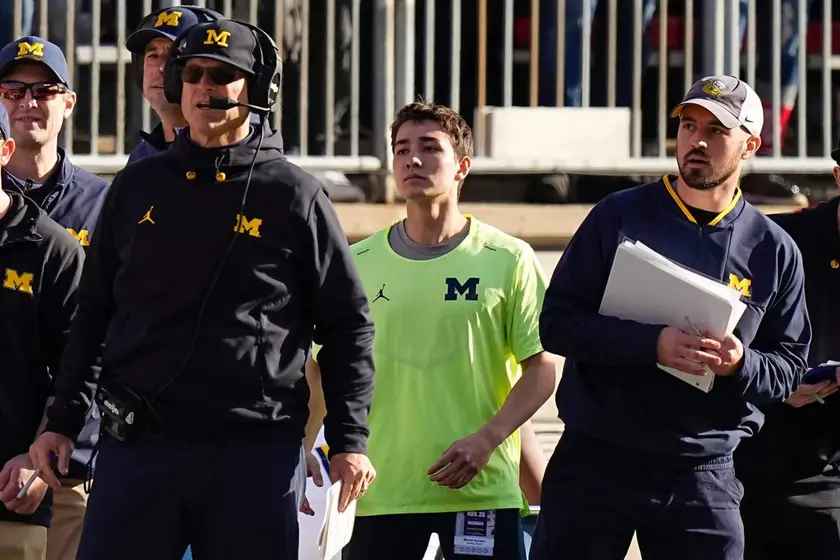
NCAA sanctions Michigan sign stealing ruling
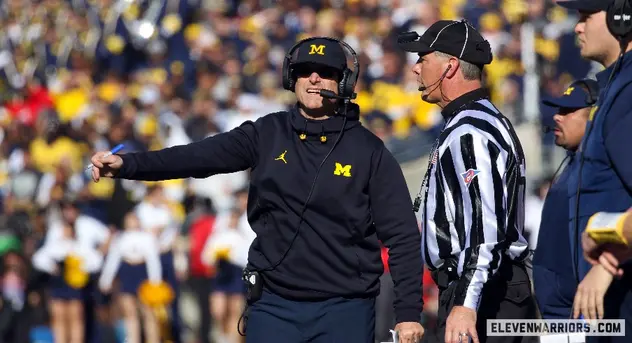
Kansas donation boosts stadium plan as Michigan penalties draw attention
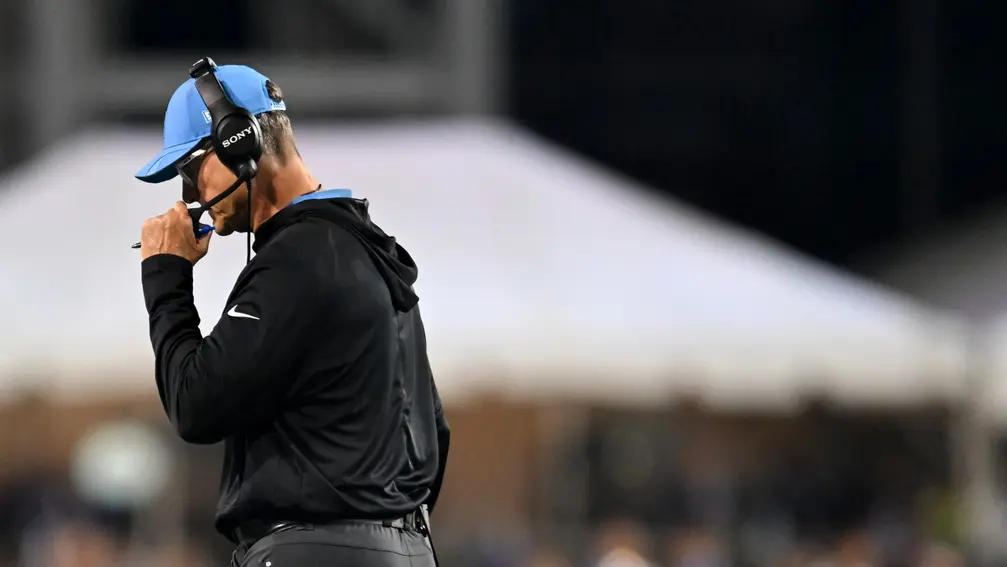
NCAA sanctions cast shadow over Harbaugh
